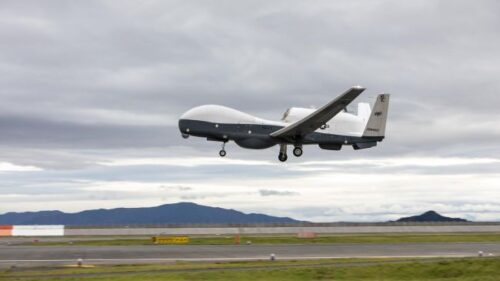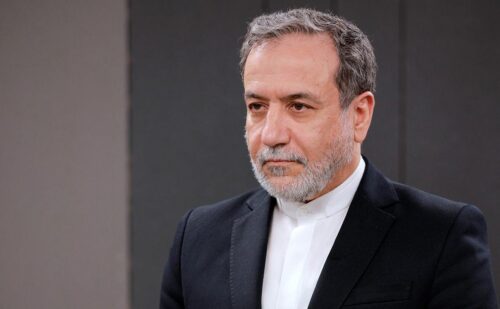
Foreign Affairs: How Iran lost Syria and how it can lose connection with Armenia
Thirteen years after the start of the Syrian uprising, the swift and dramatic fall of Bashar al-Assad shattered the perception of a stable, albeit repressive, status quo, Foreign Affairs writes.
According to the magazine, for much of the past decade, Assad’s regime, bolstered by unwavering support from Iran and Russia, brutally suppressed dissent. What began as an uprising in 2011 evolved into a devastating civil war that eventually settled into an uneasy stalemate. Despite persistent challenges, Assad’s grip on power appeared secure. Yet his regime collapsed within days of the start of a coordinated rebel offensive.
As noted, the loss of its ally in Syria will also disadvantage Iran in its rivalry with Turkey. Ankara’s strong support for Syrian rebels has disrupted the regional balance of power. Under Assad, Iran’s extensive presence in Syria allowed Tehran to counterbalance Turkey’s regional ambitions. But since Assad’s fall, Ankara—now the main patron of Syrian rebels, particularly HTS—has replaced Tehran and Moscow as the dominant external power in Syria, expanding the breadth of Turkey’s influence while limiting Iran’s. There are growing concerns in Iran that Turkey, emboldened by Tehran’s weakened position, could now seek to increase its influence, at Iran’s expense, in Iraq, Lebanon, and the South Caucasus. In Iraq and Lebanon, Turkey might bolster its support for Sunni factions against pro-Iranian Shiite groups. In the South Caucasus, Turkey’s push for the creation of the so-called “Zangezur corridor”—a strategic transit route linking Turkey to Azerbaijan via Armenian territory—threatens to cut Iran’s land access to Armenia, a strategic partner crucial for maintaining Tehran’s regional foothold and trade routes in the Caucasus.
The article says the fall of Assad and the erosion of Iran’s foothold in Syria present a rare opportunity for renewal but also immense challenges, the resolution of which will require active U.S. engagement.
Washington must simultaneously encourage Israel to restrain and de-escalate its operations in southwestern Syria. Following Assad’s fall, Israel has expanded its presence beyond the Golan Heights, occupying areas deeper inside Syria and justifying the move by citing security concerns. But any prolonged Israeli occupation risks alienating Syrians and providing Iran with a pretext to reactivate its anti-Israel agenda in Syria.
The United States must also collaborate with allies in the Middle East and Europe to promote an inclusive political dialogue among all Syrian factions. The power vacuum left by Assad’s departure risks intensifying competition among various factions and among the country’s many ethnic and religious minorities. Supporting comprehensive dialogue would help establish a representative government that preserves Syria’s territorial integrity and protects minority rights, while reducing the likelihood that Iran or other external actors exploit minority groups to gain influence.
Yet equally critical to ensuring security in Syria will be diplomatic efforts to prevent further destabilization in Iran. The United States should, in fact, offer Iran a seat at the table during regional talks over Syria’s future, addressing Tehran’s security concerns while calling on its leadership to de-escalate on other fronts.


